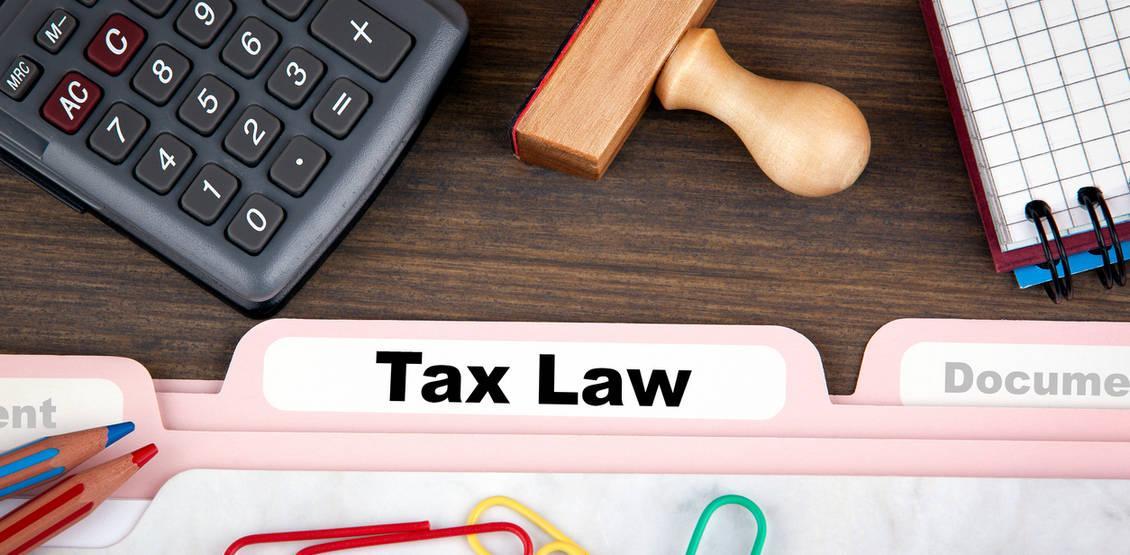Colorado is a very difficult state to accurately calculate sales tax in. We estimate there are thousands of tax rates that vary based on location. As with most states, sales tax rates in Colorado are a mix of state, county, city, and special district tax rates. Thus, someone in Denver, Colorado pays a different sales tax rate than someone in Boulder or Fort Collins. To further complicate the sales tax situation in Colorado, some communities also impose a use tax and/or a service fee — and a host of exemptions exist.
Plus, sales tax rates fluctuate all the time. Tax rate changes in several Colorado communities such as Dillon, Johnstown, Grand Lake, Steamboat Springs, and Grand County (too name just a few) will become effective January 1, 2017.
As if all of the above weren’t enough to make calculating sales taxes in Colorado challenging, the U.S. Supreme Court just upheld a controversial law in Colorado that pressures online retailers to collect sales tax in the state. New sales tax rates and the upholding of the so-called “Amazon tax” law might make sales taxes even more difficult for some retailers and/or consumers.
So, what is this Amazon tax and what does it mean to out-of-state retailers? The 2010 law gets its nickname from the online retailer because it compels out-of-state retailers such as online businesses to collect sales taxes on purchases from Colorado residents. Typically, these businesses are exempt from collecting sales taxes in states in which they do not have a sufficient physical presence or “nexus.”
For example, if you run an online business in California with a physical store and a warehouse in the state and sell goods to customers in California, you’d be required to collect sales tax from your Californian customers due to your physical presence. Meanwhile, you would not need to do the same for your customers in other states (unless you have a physical presence in those states). The Colorado law, however, complicates transactions for customers in Colorado.
According to an article in the Denver Post, Colorado’s sales tax law gives “…businesses a tough choice: either collect the sales tax or deal with more red tape, including additional paperwork and the requirement they remind Coloradans that they owe sales tax to the state.”
Colorado’s 2010 tax law was immediately challenged by the Direct Marketing Association (now the Data & Marketing Association), which filed a lawsuit. Now that the Supreme Court has upheld the law, some believe that other states may follow Colorado’s lead and impose their own “Amazon” taxes.
So, for now, Colorado is likely the most challenging sales tax state in the nation, but these challenges could spread to other states. You have a choice when selling to customers in Colorado: navigate the complexities of calculating sales tax in Colorado — a tough task made much easier with Service Objects’ FastTax real-time sales tax API — or comply with Colorado’s use tax notification requirements (for businesses with at least $100,000 in gross annual sales).













